“What you do every day matters more than what you do once in a while.” Gretchen Rubin
- How much importance do you place on your daily routines with young children?
- Does the routine add or deter from the learning opportunities you deliver?
- What value do you place on those intimate one-on-one moments?
- Do you recognise the importance of routines and the impact they have on children’s emotional development?
Routine is a familiar, well-used word when talking about young children. Why? Routines are based on structure and consistency – often challenging to define and form - but once developed, they offer a rhythm, flow, and smooth transitions throughout the day.
Routines and rituals form part of the overarching curriculum. Care routines are activities that manage and support children’s health and wellbeing while encouraging their learning and development. They may include changing nappies, visiting the bathroom, mealtime, personal care, getting dressed, and rest or sleeping.
While these activities appear mundane, if we as parents and educators encourage and communicate clearly during everyday care tasks, we will help build children’s self-esteem, self-regulation, and confidence. We can even take it one step further and turn a routine activity into a meaningful ritual to transform the monotonous into something special and heartfelt for our children.
“One can ascend to a higher development only by bringing rhythm and repetition into one's life.” Rudolf Steiner.
Enhancing children’s emotional development through care routines
Albert Bandura has created a phrase, “self-efficacy,” which describes a person’s belief in their competency and potential success in succeeding at a task or situation. Self-efficacy adds to the critical development of self-esteem. It’s believed that self-efficacy starts with a young child and grows because of experiences and the reaction of others. Developing routines that offer our young children a degree of choice, control, and the chance to actively participate multiplies feelings of capability.
Empower children to participate by considering scale, including the objects or tools used during these care routines. More achievable updates like small tongs and water jugs encourage self-service during mealtimes. More extensive commitments can include child-size tables and chairs where a child’s feet can touch the ground, stairs to access nappy change mats and children’s wash hand basins and toilets for toileting routines.
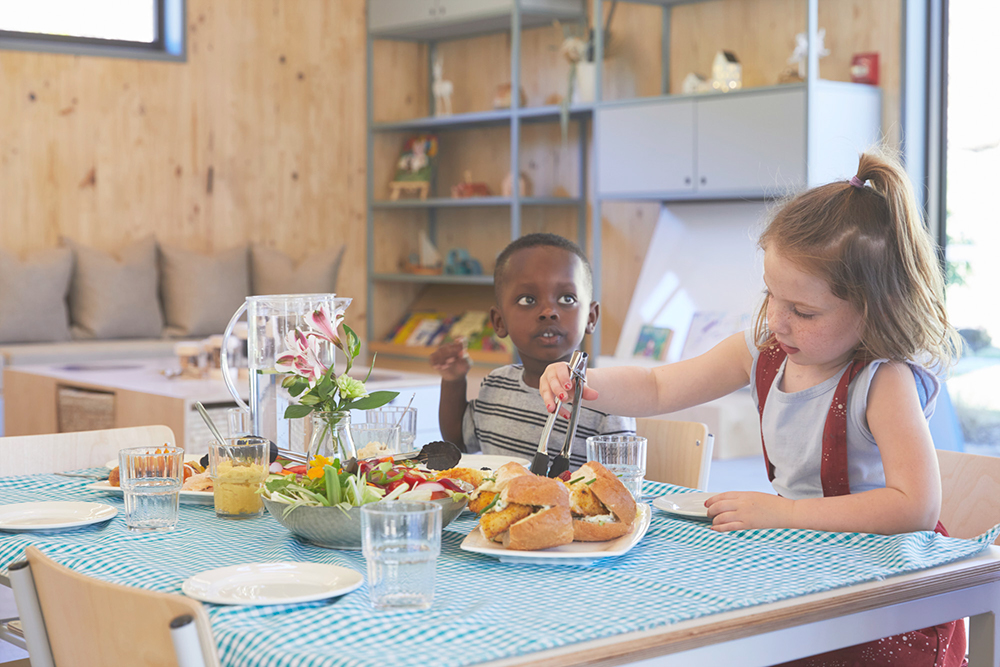
The lunchtime routine at New Shoots Children’s Centre, Greenhithe empowers the children to make choices by serving their food. Image by Amanda Aitken Photography.
Parents and educators actively encourage and support children to develop self-regulation skills, like dealing with emotions and controlling their impulses. As children experience situations that increase their ability to persevere and accept contentment, they build self-regulation.
Communication is key to all that we do. Personal care routines offer moments during the busy day for a one-on-one connection between an adult and child, offering priceless moments for language to flourish.
What benefits do we reap when we follow a routine?
- Consistent routines give our children a strong sense of security and stability, which offers them the feeling of control over their environment. When the day flows smoothly, and there is an element of predictability in what’s coming, children feel safe, secure, and confident in an adult's care.
- We all know children’s attention and behaviour can become unbalanced when they are hungry or tired. Having a planned routine where meal and sleep times are at regular intervals helps children emotionally prepare for the next task and know what is expected.
- Each care routine activity is an opportunity for children to learn how their world works and the part they play within it. Discovering and mastering essential life skills like personal hygiene, self-care, managing expectations, and taking responsibility for themselves develops independence and confidence.
- By managing these personal and intimate routines sensitively and respectfully, we establish close personal relationships with children developing their confidence and self-esteem.
When routines become heartfelt rituals
“Every day early childhood routines are a gold mine for finding rituals. That allows you and your staff to make a psychological shift that impacts your attitudes and reactions.” Toni Christie
A beautifully set table with a tablecloth, vase of fresh flowers, and a cup of fruit tea on a cold day all welcome the child, awakening their senses and setting the tone for what is to come.
Rituals offer a sense of wonder and delight. A lovingly implemented ritual takes a routine, adds a touch of magic, a dash of connection, and a whole lot of joy, fun, and delight. When we take time to prepare and establish rituals with our children, we’re showing them how much we care.
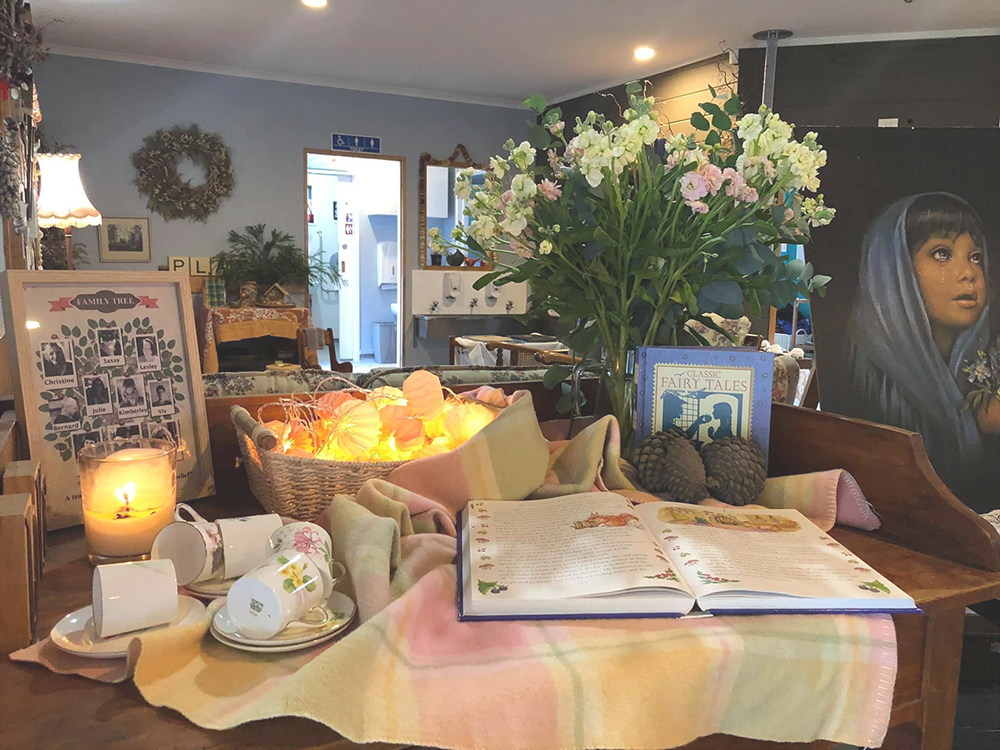
The Nest hold an annual Bokoflod Ritual to encourage community, inspired by a Christmas Eve ritual from Iceland.
Incorporating aromas into care routines can help to offer memorable experiences. Research tells us that the sense of smell affects about 75% of our daily emotions, and holds an important role in memory, more so than any of our other senses. We may be able to think of fragrances that evoke particular memories, the scent of a home baking wafting through a grandparents' house during a childhood visit. Memory and smell are intertwined; it’s through memory that we learn to remember smells.
At Enspirement, we recognise that many rituals are adopted and formed throughout the day, leading processes and procedures involved in caring for a child and providing meaningful learning experiences.
Enspirement believes in delivering respectful practice, which means giving children the time, space, consideration, and opportunity to actively manage their body, and choices. Enabling children to fulfil desires and urges while being supported by adults who acknowledge, understand, and embrace a child’s perspective and wishes.
This directory explores managing, implementing, and delivering daily routines while supporting and embracing a child’s sense of well-being.
Explore new ways to develop meaningful Care Routines through the Enspire imagery, read articles and blogs related to well-being and care in Discover, and Source items to support the well-being of your children.
 Angela Foley
Angela Foley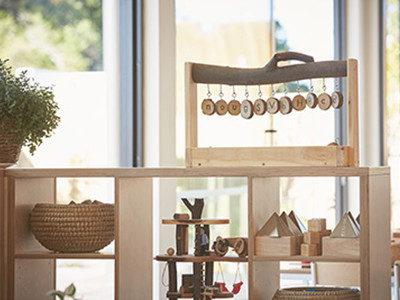
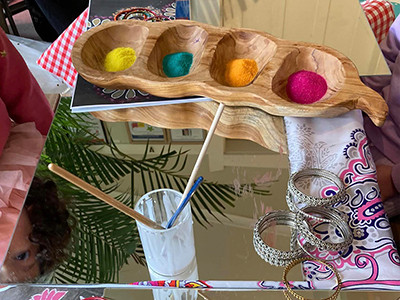

 Michelle Pratt
Michelle Pratt
 Jade Leigh Kelly
Jade Leigh Kelly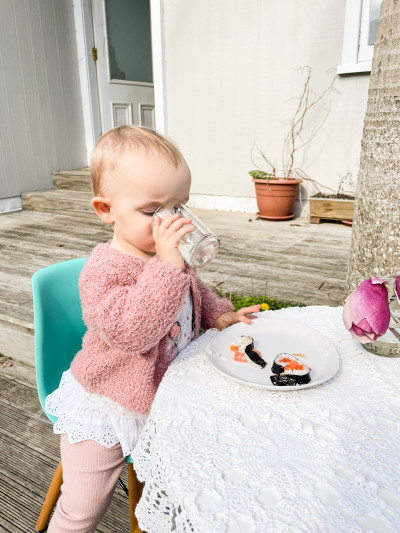
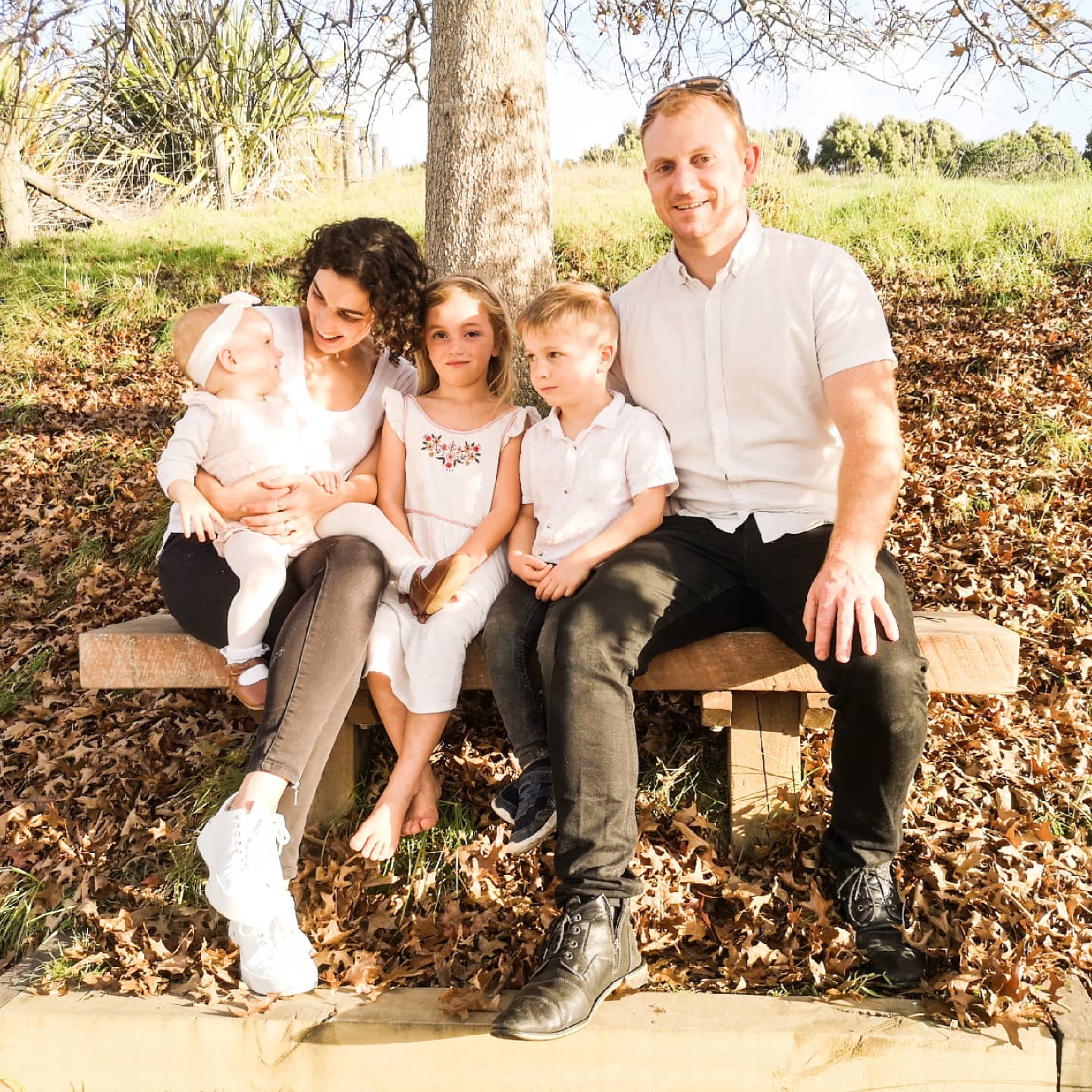 Lucie Kinzett
Lucie Kinzett